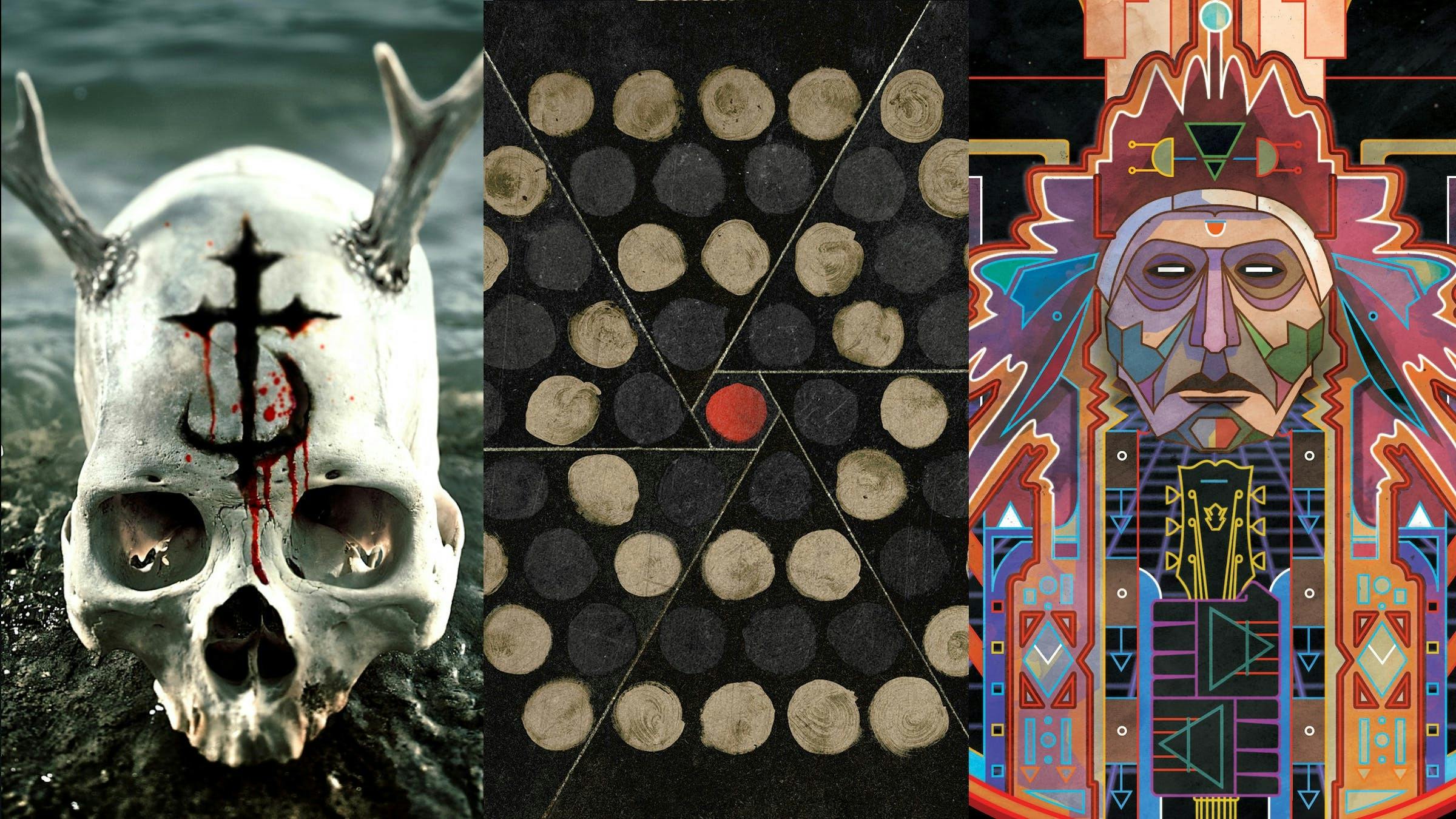Sometimes it's better to have a flush reputation as a band than an overflowing bank account. Being successful as a band is always appreciated, but having your peers and fans view you as a reliable force for great art is invaluable, and losing your way in the name of financial gain can cost you the respect of your audience. Cynics will happily argue that you can't eat cred, and that there's no point in making music that won't turn you into a rock star. But the truth is that at least a third of the bands we consider legends today were financial failures when they first emerged, and only picked up speed by sticking to their guns. To put it another way: the Misfits weren't playing arenas in the early ’80s, but there's a reason they're doing so now.
This results in a specific class of artists: bands who everyone loves, but who just never blew up. These are musicians who have seen acclaim around the world, and whose names are always on the lips of their peers, but who may never headline a massive sports arena. Whether it's because they refused to dull their edge, or whether they sound better on a smaller scale, these artists remain some of our favourites even though they're not chart-topping successes.
Here are 13 bands who everyone loves, but who probably won't ever headline Download…
